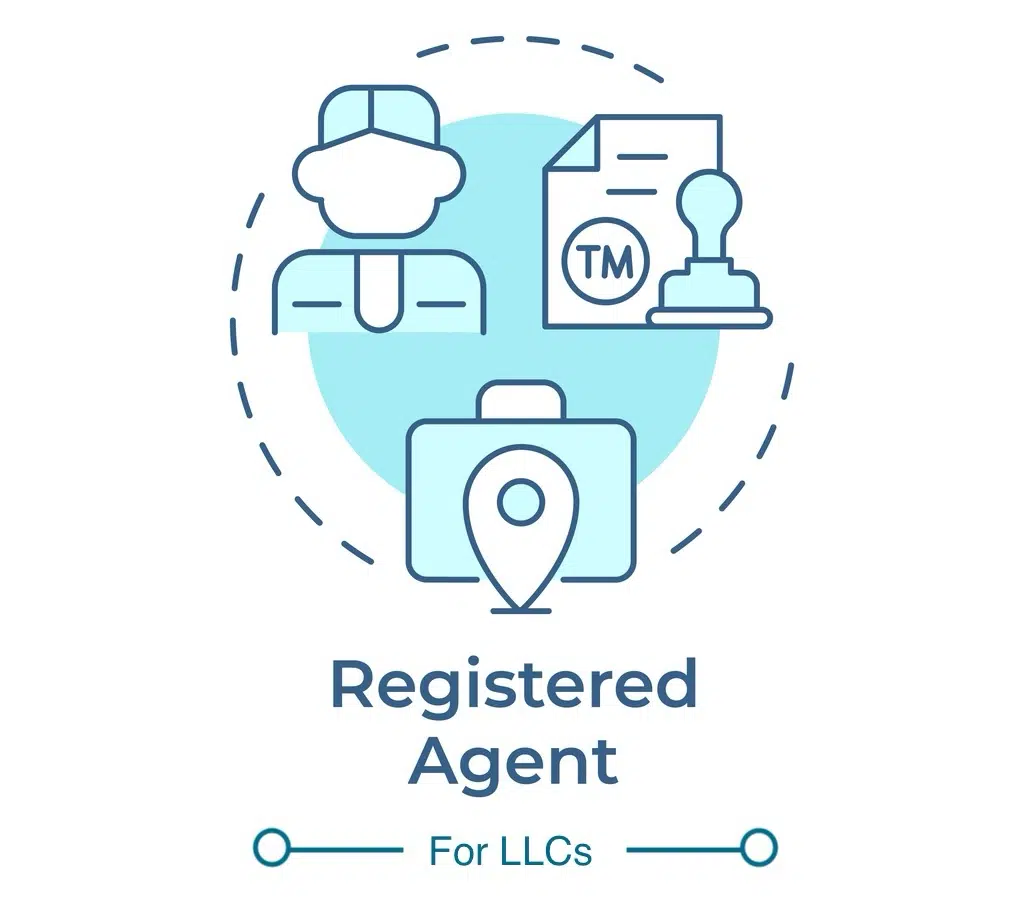 Selling a business is a significant financial and emotional decision that involves numerous legal and logistical steps. Whether you are planning to retire, explore new ventures, or simply cash out on your investment, understanding the process is crucial for a smooth transaction. In this blog post, we will cover the key considerations when selling a business, from preparing your business for sale to finalizing the agreement.
Selling a business is a significant financial and emotional decision that involves numerous legal and logistical steps. Whether you are planning to retire, explore new ventures, or simply cash out on your investment, understanding the process is crucial for a smooth transaction. In this blog post, we will cover the key considerations when selling a business, from preparing your business for sale to finalizing the agreement.
Preparing Your Business for Sale
Evaluate Your Business Value
The first step in selling a business is to determine its market value. This involves assessing the business’s assets, revenue, profitability, and market position. You may choose to hire a professional business appraiser who can provide an objective valuation, which helps in setting a fair asking price. A realistic valuation can attract serious buyers and facilitate smoother negotiations.
Organize Financial Statements
Potential buyers will want to review your business’s financial health before making an offer. This means you need to have organized and up-to-date financial statements, including balance sheets, income statements, and cash flow reports. Accurate financial documentation will not only increase buyer confidence but also help justify your asking price.
Finding the Right Buyer
Consider Different Types of Buyers
There are different types of buyers who may be interested in purchasing your business, including individual investors, competitors, or private equity firms. Understanding your ideal buyer will help you market your business effectively. For example, an individual investor might be looking for a profitable, turn-key operation, while a competitor might be more interested in acquiring your customer base or assets.
Confidentiality Agreements
Selling a business often involves disclosing sensitive information to potential buyers. To protect your business, it is essential to have buyers sign a confidentiality agreement (also known as a non-disclosure agreement or NDA) before sharing any proprietary information. This ensures that any details about your operations, clients, or financials remain confidential throughout the negotiation process.
Negotiating the Sale
Structure of the Deal
The structure of a business sale can vary greatly. It could be an asset sale, where the buyer purchases specific assets of the company, or a stock sale, where the buyer acquires ownership by purchasing the company’s shares. Each structure has different tax implications, so it’s essential to understand which one is more beneficial for your situation. Consulting with legal and financial professionals can help you decide the best approach.
Terms of the Agreement
Negotiating the terms of the sale is a critical step. This includes agreeing on the purchase price, payment terms (e.g., lump sum or installments), and what assets or liabilities are included. You’ll also need to clarify if there will be any conditions attached to the sale, such as the seller staying on as a consultant during a transition period. It’s important to ensure all terms are clearly defined in the purchase agreement to avoid future disputes.
Legal and Tax Considerations
Understand Tax Implications
Selling a business can have significant tax consequences. The way the sale is structured (asset vs. stock sale) can affect how much you will owe in taxes. For example, asset sales are often taxed as ordinary income, while stock sales may be subject to capital gains tax, which can be lower. Working with a tax advisor is essential to minimize tax liability and plan your financial future post-sale.
Legal Documentation and Due Diligence
Completing the sale of a business requires thorough legal documentation. This includes drafting a letter of intent, purchase agreement, and any other relevant contracts, such as lease transfers or non-compete agreements. During this stage, buyers will conduct due diligence, where they will examine your business’s operations, financials, legal obligations, and any existing contracts. Preparing all necessary documentation ahead of time can help streamline this process and build buyer confidence.
Selling a business is a complex process that requires careful planning, valuation, and negotiation. By understanding the key steps and seeking professional advice, you can ensure a successful sale and achieve your financial goals. If you are considering selling your business, contact Law Advocate Group, LLP for expert legal support throughout the transaction. We can help guide you through each stage, ensuring a smooth and legally compliant sale.



